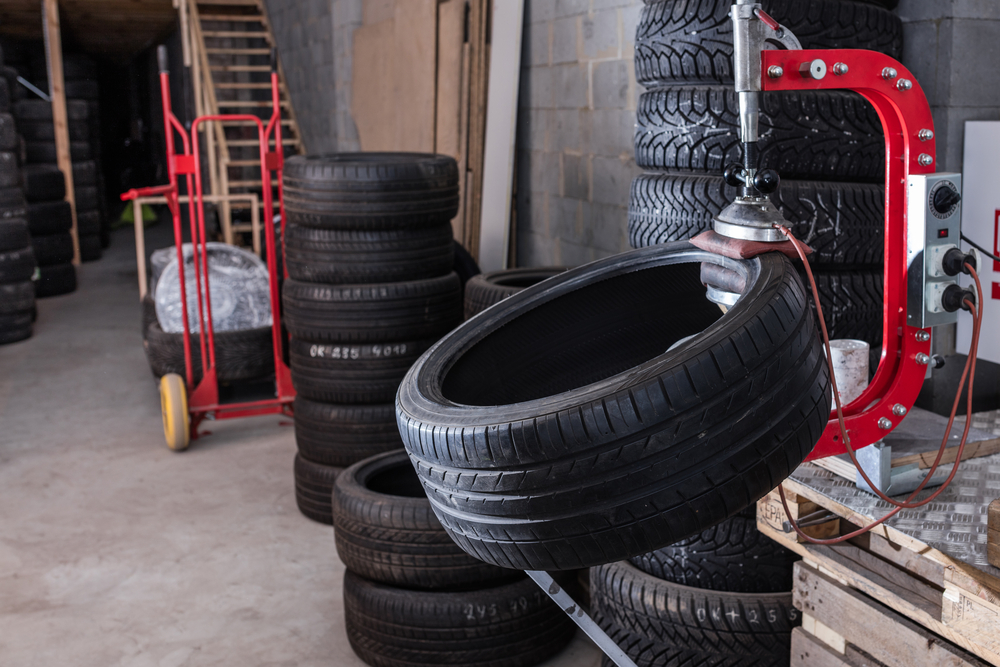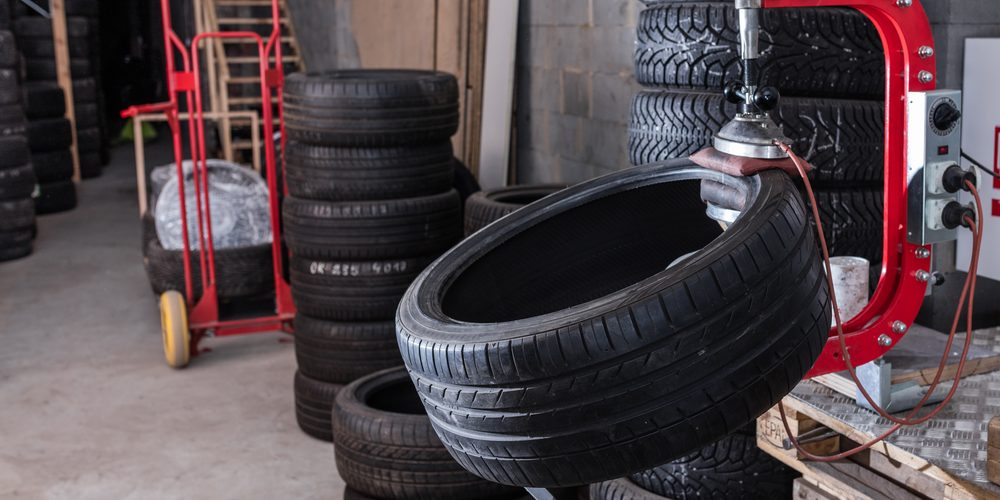Your tires are your vehicle’s point of contact with the road surface; this makes their integrity a vital part of keeping you safe while you travel. When a tire has a design or manufacturing defect, it is not safe or reliable. A defective tire can fail, causing you to lose air pressure without warning. Often, the tire actually comes apart, with the tread separating from the rest of the tire. This can cause a loss of vehicle control or even a rollover accident.
Most Common Types of Tire Failures and the Defects That Cause Them

If you suffered injuries in a crash you believe stemmed from a defective tire, we can help you understand your legal options.
The most common way modern steel-belted radial tires fail is through tread separation. These tires have two steel belts just underneath the treads. When these belts rip apart while driving, it causes the tread to peel away. This tread separation can occur because of:
Design Defects
When manufacturers use a belt that is too large or too small, it can lead to tire failure. Other design defects may also cause similar issues.
Manufacturing Defects
Adhering steel to rubber requires ensuring the bonding agents, the rubber compounds, and even the metal meet certain exact standards. If this does not happen, poor bonding may lead to a tread separation. This is the most common way tires fail. They may be more susceptible at highway speeds and in warm climates. However, these failures can happen at any time and in any kind of weather.
Tire failures can also occur in a number of other ways, although tread separations are much more common:
Blowouts
Many of the tire failures people blame on “blowouts” are actually tread separations. It is very unusual for a modern radial tire to experience a true blowout. Blowouts occur when a tire pops (i.e., a weak spot in the rubber sidewall gives because of internal pressure).
Sidewall Zipper Failures
Most sidewall zipper failures occur during inflation of truck tires. A weak and defective sidewall can cause this type of explosive failure.
Bead Fracture
Bead fractures occur when the rubber-coated steel bead of a tire breaks. Often, this occurs because an issue with the bead or wheel causes the bead to get stuck on the rim during mounting. The resulting explosion can cause serious injuries and even death to those nearby.
Wheel Explosions
Most modern wheels are a single piece of metal, but some people still use multi-piece wheels. The air pressure in the tire holds these wheels together, and the pressure must remain steady to ensure all pieces stay in place. Issues can occur in removing, repairing, and mounting these wheels. In addition, problems with the tire pressure or the wheel during operation can lead the pieces to fly apart violently.
Identifying Tire Defects
Under the Transportation Recall Enhancement, Accountability, and Documentation (TREAD) Act, tire manufacturers must report any potential defects identified through their quality control protocols or from consumer complaints to both the National Highway Traffic Safety Administration and their network of distributors. Most of these reports, however, never lead to recalls. This means it is necessary to identify tire defects on a case-by-case basis most of the time.
Occasionally, we find a client’s tire failed because of a known defect or there is an open recall on type of tire that failed. Usually, however, we must fully investigate the accident and call in a team of professionals to help us determine why and how the tire failed. This may include:
- Survey teams to document where the tread ended up, and to capture a full view of the scene
- Engineers to determine what happened to the tire and when
- Accident reconstruction experts to tell us how the tire failure caused your crash
During this investigation, we often discover that defects in design, manufacturing, or installation ultimately caused the tire to fail. This could include:
- Poor design integrity
- Issues with materials or components (e.g., using subpar materials to manufacture tires)
- Improper or inadequate safety testing
- Lax manufacturing standards
We Can Help You Hold the Manufacturer Liable for Defective Tires
If you suffered damages because of a defective tire, you have the right to hold the manufacturer accountable for your injuries, expenses, and pain and suffering. We can determine your best options based on the facts of your case and take action to recover the money you deserve on your behalf.
Newsome Melton offers free case evaluations and consultations for parties injured in defective tire accidents. Call us today at 888-221-5316 to learn more.


